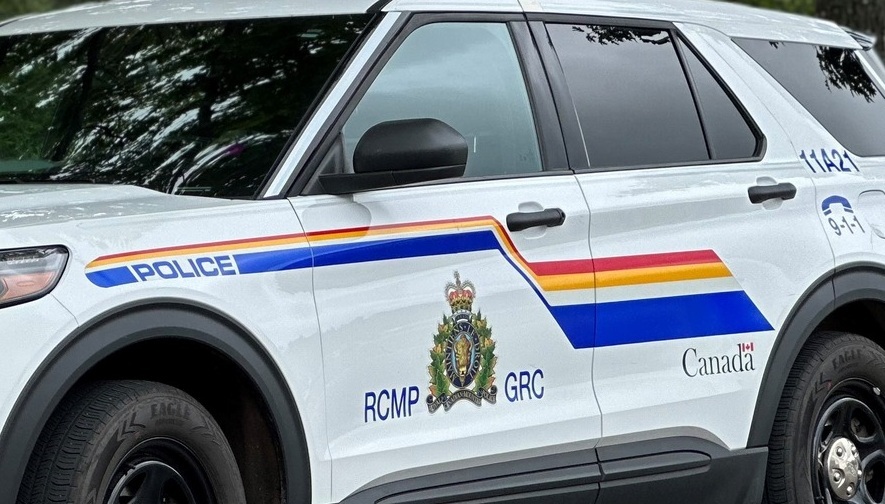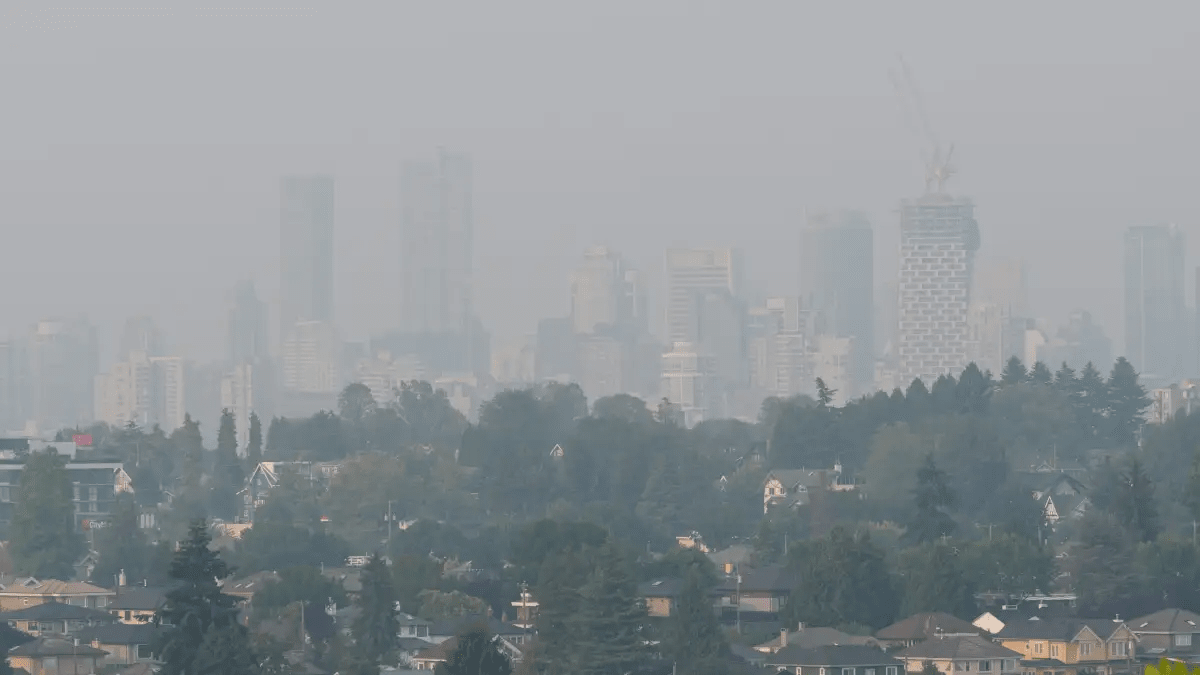Smog and wildfire smoke prompt air quality advisory for Metro Vancouver and Fraser Valley; residents urged to limit outdoor activity and stay cool.
Air Quality Advisory in Effect
Residents across Metro Vancouver and the Fraser Valley are under an air quality warning as smog and wildfire smoke continue to impact the region. The Metro Vancouver Regional District (MVRD) issued the advisory on Sunday afternoon, August 24, warning of elevated ground-level ozone and fine particulate matter.
Conditions Behind the Alert
Hot, sunny weather combined with local emissions has created smog buildup across Metro Vancouver’s eastern regions. In addition, smoke drifting from the Sailor Bar wildfire, burning north of Yale in the Fraser Canyon, is increasing fine particulate matter in the eastern Fraser Valley. These conditions have raised health concerns for vulnerable groups, including children, seniors, and people with chronic illnesses.
Expected Duration of Poor Air Quality
The advisory is expected to remain in place until at least Monday, August 25, and will continue until weather and wildfire conditions improve. Officials caution that smoke concentrations may fluctuate widely throughout the day depending on wind, temperature, and fire activity.
Areas Most Affected
Smog advisories are currently in effect for northeast and southeast Metro Vancouver, as well as the central Fraser Valley. Both smog and fine particulate matter warnings have been issued for the eastern Fraser Valley, where wildfire smoke has been heaviest.
Health and Safety Recommendations
Residents are advised to limit outdoor activities, particularly those at greater health risk, including individuals with heart and lung conditions, pregnant people, infants, and older adults. Officials recommend spending time in community centres, libraries, or shopping malls with air conditioning to avoid heat and smoke exposure. Using a HEPA air purifier at home and keeping windows closed can also reduce indoor exposure.
Monitoring and Public Guidance
Authorities urge the public to monitor the Air Quality Health Index (AQHI) frequently at airmap.ca or gov.bc.ca/airqualitymap. Symptoms such as chest discomfort, shortness of breath, or severe coughing should be taken seriously, with immediate medical attention sought if needed. Residents are also encouraged to check in on family, friends, and neighbours who may be at risk.


























